Formation of Universal Learning Activities in Primary School Students under the Implementation of the Federal State Educational Standard (FSES)
"Tell me and I will forget.
Show me and I will remember.
Involve me and I will learn."
— Chinese proverb
Today, the school is rapidly changing, striving to keep pace with the times. The main change in society, which also affects the educational landscape, is the acceleration of development. This means that the school must prepare its students for a life that it cannot yet fully foresee. The modern teacher must reconsider the goals and values of primary education as defined in the new Standard for primary schools.
The priority goal of school education is no longer the simple transfer of knowledge, skills, and abilities from teacher to student. Instead, it is the development of the student’s ability to independently set educational goals, plan their achievement, monitor progress, and evaluate results—in other words, the formation of the ability to learn. The student must become the "architect and builder" of the educational process. Learning to learn is the task whose successful resolution depends on the teacher’s ability to organize students' learning activities. As V.A. Sukhomlinsky once noted: “All our ideas, all our efforts and constructions turn to dust if the student has no desire to learn.”
Therefore, today it is less important to give the child as much knowledge as possible and more important to ensure their cultural, personal, and cognitive development, equipping them with such a vital skill as the ability to learn. In essence, this is the main task of the new educational standards, which are designed to realize the developmental potential of general secondary education.
The goals and characteristics of this stage of education define the requirements for the results of mastering the basic general education program and the organizational-pedagogical conditions for achieving them. Personal results of students include the level of value orientations developed in primary school graduates, reflecting their individual and personal positions, motivations for learning, social emotions, and personal qualities.
Meta-subject results refer to the universal learning activities and cross-disciplinary concepts acquired during the study of several or all subjects. Subject-specific results, related to the need for independent exploration of the world, include the experience of subject-specific activities in acquiring, transforming, and applying new knowledge, as well as a system of fundamental scientific knowledge elements forming the modern scientific worldview.
Essential components in the implementation of the educational program include the ideas of:
-
Conceptual and organizational integration of school staff activities—primary school teachers, subject teachers, specialists from psychological-pedagogical services, and medical staff. The support service's activities aim to create optimal psychological and pedagogical conditions for the self-realization and development of each child’s individual abilities.
Achieving this goal requires solving several tasks:
-
Preventing mental fatigue and psychological trauma in children at the beginning of school and during the transition to middle school;
-
Conducting corrective speech therapy to prevent reading and writing disorders in younger students, developing visual-spatial functions, memory, attention, and analytical-synthetic thinking;
-
Studying the dynamics of the development of specific personal qualities (responsibility, independence), self-esteem, and motives for cognitive learning activities;
-
Examining the level of development of cognitive, emotional, and volitional domains, including factors determining readiness to continue education.
-
Involving students’ families as full participants in the educational process. Parents are informed at all stages of education about the content and assessment methods, the child’s psychological and pedagogical adaptation to school, and the socialization of primary school students. To this end, thematic parent-teacher meetings and consultations are held on relevant psychological and didactic topics.
Parents attend lessons and extracurricular activities together with psychologists. They also contribute to organizing health-improving activities and implementing cultural and leisure programs.
-
The necessity of conscious resistance to objectively existing negative phenomena of modern society.
The rights and responsibilities of participants in the educational process are documented in a public agreement between the primary school and the student’s parents.
Indicators of successful implementation of the primary general education program at the state primary school include:
-
Preservation of students’ physical and mental health,
-
Positive dynamics in intellectual and social development,
-
Stable motivation and readiness for learning—a desire and ability to learn, and psychological preparedness to continue education.
One of the most important goals of primary education, in accordance with the Federal State Educational Standard of primary general education, is the formation of learning activity.
The term "universal learning activities" means the ability to learn, that is, a person’s capacity for self-development and self-improvement through the conscious and active acquisition of new social experience.
Successful educational outcomes suggest that a student:
-
Can set goals (tasks),
-
Has or develops methods for solving the assigned task,
-
Can monitor, evaluate, and correct their actions.
The effectiveness of education is also evident in the fact that, during the learning process, a child is able to answer for themselves and others the following questions:
"What needs to be done? Why am I doing this? How am I doing it? How can I check the correctness of my actions? How do I evaluate what I have done? How do I evaluate how I did it? How can I correct what did not work out?"
Thus, the development of the student’s personality through mastering universal learning activities is both the goal and the main result of school education. To a large extent, achieving this educational outcome is connected with the development of meta-subject universal learning activities. Having these, the student not only solves educational-cognitive and practical tasks but also understands the methods they apply. This enables them to choose the most rational and accurate methods for solving learning tasks and achieving educational goals—that is, to manage their own activity.
During the development of the second-generation Federal State Educational Standard for primary general education, special attention was given to competency-based and activity-based approaches.
The modern approach to education does not deny the importance of developing strong subject knowledge, skills, and abilities (NSK), which are necessary but insufficient for the successful development of a child’s personality. That is why there is growing relevance in using methods and techniques that help develop the ability to independently acquire new knowledge, collect necessary information, formulate hypotheses, and draw conclusions.
The school and the student now face a task that goes beyond simply studying the basics of mathematics, literature, or the surrounding world. The key objective is to expand and deepen individual cognitive resources in the process of mastering any academic discipline. Integration, generalization, understanding of new knowledge, and linking it to the child’s life experience—all based on the formation of learning skills. It is well known that an effective person is not one who merely possesses knowledge, but one who has mechanisms for acquiring, organizing, and applying it. Learning how to teach oneself is a task the school has no substitute in solving.
Modern students’ needs will remain unmet unless they gain the status of subjects of education. Therefore, the process of forming and developing universal learning activities becomes especially significant in the context of the increasing volume and rapid obsolescence of information. Universal learning activities are a key component of the second-generation standards and ensure the development of students’ key competencies.
Shabanova E.A., Primary School Teacher
The Structure of Dmitri Mendeleev's Periodic Table: Types of Periodicity in the Properties of Chemical Elements
Gagarin Academic Olympiad – Grade 6B Results
Course Annotations for the Physics Curriculum (Grades 7–11)
Course Overview: "Roots" - A Comprehensive Curriculum for Grades 5-9

 Deutsch
Deutsch
 Francais
Francais
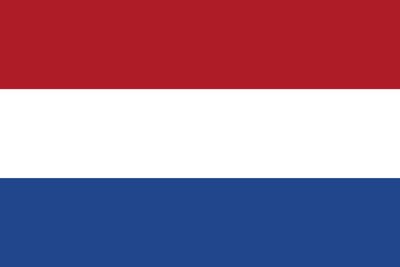 Nederlands
Nederlands
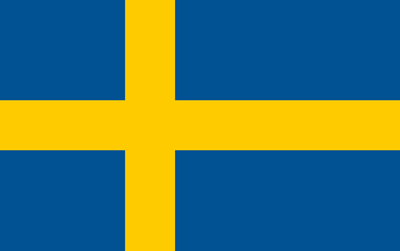 Svenska
Svenska
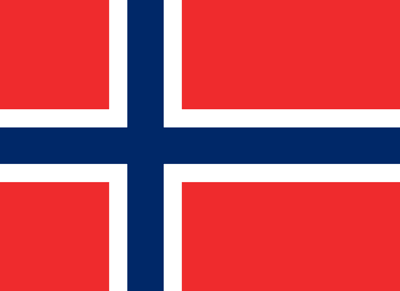 Norsk
Norsk
 Dansk
Dansk
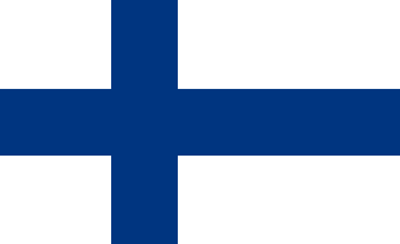 Suomi
Suomi
 Espanol
Espanol
 Italiano
Italiano
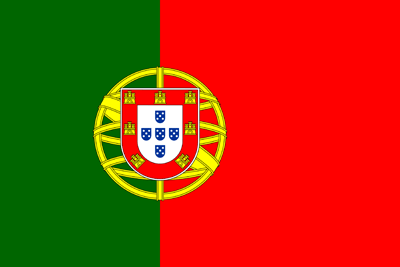 Portugues
Portugues
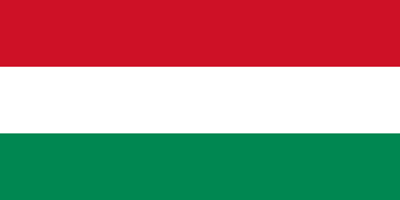 Magyar
Magyar
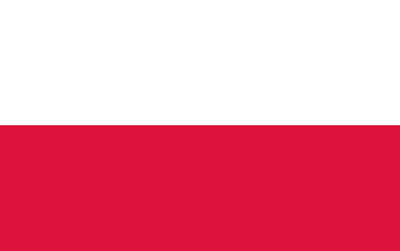 Polski
Polski
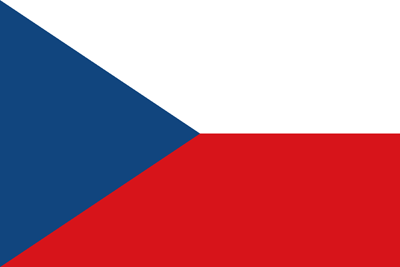 Cestina
Cestina
 Русский
Русский